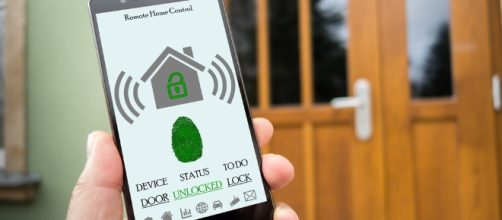Home thermostats have come a long way since Albert Butz first invented them in 1886. Today's smart thermostats give the home user more control of monitoring their home energy system like never before no matter where they are, with just a push of a button or with their voice. If you like the idea of saving on your heating and cooling bills a smart thermostat could be the way to go, studies have found that consumers save 12 percent on heating cost and 15 percent on cooling once the device is installed.
Pricing on the smart units ranges from $150 to $300.
depending on which brand you chose, a small price considering it pays for itself by the end of a year. But if the price is too high for you many cities, states and utility companies offer rebates anywhere from $50 to $100 if you install one, or you could luck out and get a free one if you agree to sign up for certain money-saving energy plans.
Energy efficiency on politicians minds
Smart thermostats are considered to be the state-of-the-art in Energy Efficiency and many states have passed legislation that would increase programs for using it, give rebates and/or tax credits, and because its Internet-connected, internet privacy regulations. In fact, in the last few weeks, the New Jersey Senate just passed a bill that would require all newly built residential construction have smart thermostats included in the construction blueprints.
This is after they passed a bill in May of this year to provide a 50 percent tax credit on the cost of buying and installing an energy cost saving smart thermostat.
Benefit of going smart
- Easy to install and set up.
- Apps to use your phone as a remote control.
- Auto notification of the rise and fall of the temperature in your home.
- Ability to monitor multi homes from one remote.
- Increases your home market value.
- Saves money on home repairs due to frozen pipes.
- Controls not only energy consumption and hot and cold temperatures but also humidity levels.
Secure that connection
Consumers need to be aware that these thermostats, like all smart devices, are hooked up to the Internet and can be subject to hacking.
One study showed that only 10 percent of consumers were sure they could prevent a cyber attack. So if security is an issue, it is advised to hard-wire your unit to the Internet instead of a less dependable Wi-Fi connection and make sure strong passwords are put in place. If you have any doubt about having a secure connection, consult with a professional.


